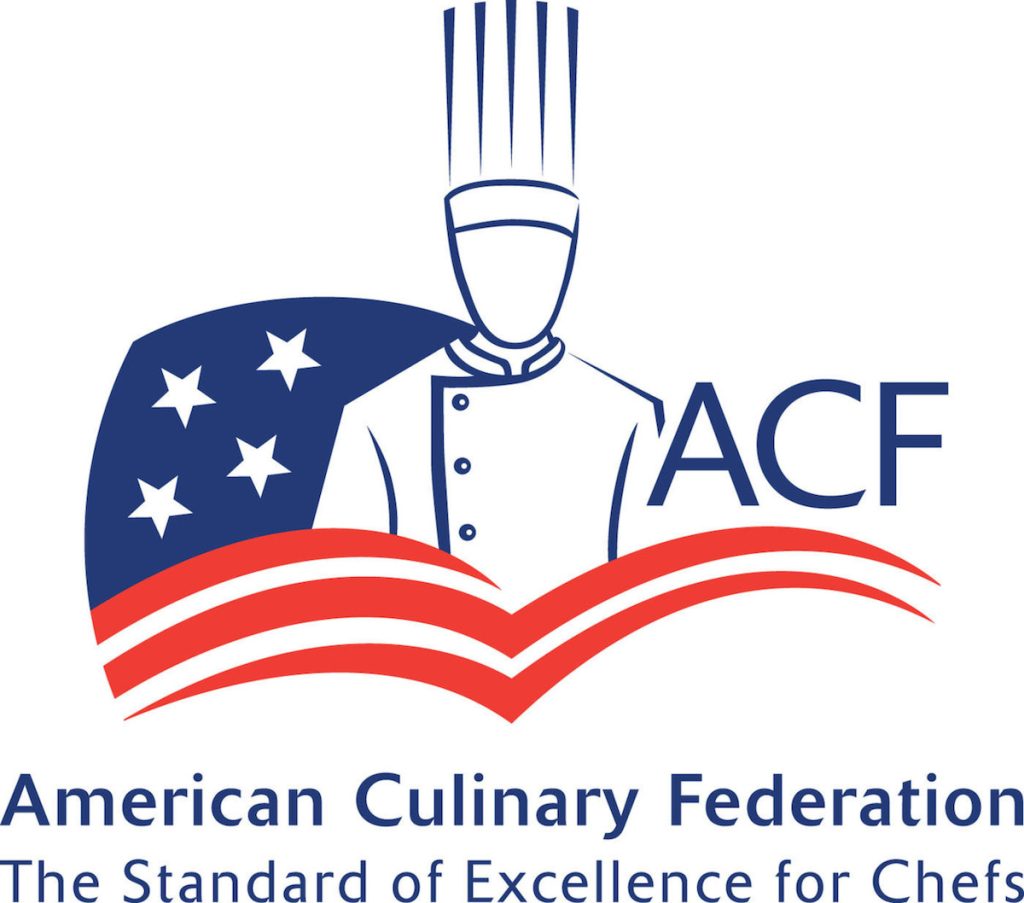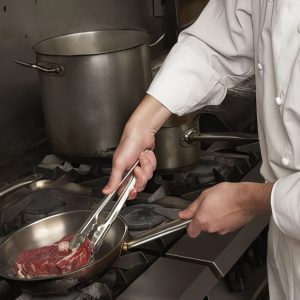How to Get an American Culinary Federation (ACF) Certification?
One of the best ways to set yourself apart as you finish culinary school and enter the competitive job market is to become certified through the American Culinary Federation (ACF). In addition to certifying culinary schools that adhere to a standard core of ethics and education, the ACF also provides documentation for those professionals who adhere to the same.
The American Culinary Federation (ACF) is a professional organization for chefs and cooks in the United States. It was founded in 1929 and is North America’s largest professional chefs’ organization. The ACF is dedicated to promoting the culinary profession through education, certification, and networking opportunities.
The main goals and functions of the American Culinary Federation include:
- Education: The ACF provides various educational programs, seminars, and workshops to help chefs and culinary professionals improve their skills and knowledge. They offer apprenticeship programs, continuing education courses, and certifications to enhance career development.
- Certification: The ACF offers certification programs for chefs and culinary professionals at different levels, such as Certified Executive Chef (CEC), Certified Sous Chef (CSC), and Certified Pastry Chef (CPC). These certifications validate chefs’ skills and expertise and help them advance in their careers.
- Networking: The ACF facilitates networking opportunities for chefs and culinary professionals through events, conferences, and local chapter meetings. These gatherings allow members to connect with peers, exchange ideas, and stay updated on industry trends and developments.
- Advocacy: The ACF advocates for the culinary profession and represents the interests of chefs and cooks on issues such as food safety, sustainability, and culinary education. They work to promote the culinary arts and support the growth and success of culinary professionals across the country.
The American Culinary Federation plays a crucial role in advancing the culinary profession in the United States by providing education, certification, networking, and advocacy opportunities for chefs and cooks of all experience levels.
ACF Designations
There are a total of 14 different designations offered by the ACF, each of which is unique to the certifying body and trademarked as such. They include:
Certified Culinarian (CC), for entry-level commercial food preparation
Certified Sous Chef (CSC), for experienced sous chefs
Certified Chef de Cuisine (CCC), for managing chefs at restaurants and within the industry
Certified Executive Chef (CEC), for executive-level culinary professionals
Certified Master Chef (CMC), the highest degree of chef certification through the ACF
Personal Certified Chef (PCC), a personal chef with at least 3 years experience
Personal Certified Executive Chef (PCEC), similar to the PCC, but with advanced skills
Certified Pastry Culinarian (CPC), for entry-level bakery work
Certified Working Pastry Chef (CWPC), for baking professionals with some experience
Certified Executive Pastry Chef (CEPC), for managing pastry professionals
Certified Master Pastry Chef (CMPC), the highest degree of pastry chef certification
Certified Culinary Administrator (CCA), for executive-level chefs focusing on business management
Certified Secondary Culinary Educator (CSCE), for advanced-degree professionals who meet a standard in administration and education
Certified Culinary Educator (CCE), another advanced-degree position with a focus on education
To qualify and become part of the ACF’s lineup of certified professionals, culinary students and working chefs must go through a series of steps. These include:
Determining Eligibility involves completing the mandatory culinary education (at a recognized culinary school), taking appropriate continuing education courses, and demonstrating work experience.
Applying to the ACF requires providing copies of the necessary paperwork and tax documents proving job experience. This step also involves paying a non-refundable $50 fee. Your eligibility will be reviewed after this step.
Taking the Certification Exams—which include two tests, including a written and practical skills exam, which must take place at key locations around the United States.
Filling Out the Final Application – which occurs after you have passed both exams. The final approval and certification follow this step.
Each of the 14 certifications has its own requirements, many of which are more strict than others. If you are interested in learning more, please visit the ACF website.
It is important to note that while these certifications can boost your culinary career, they are not required, and there are many other certifying bodies you can explore.
Is A Culinary Career Right For Me?















